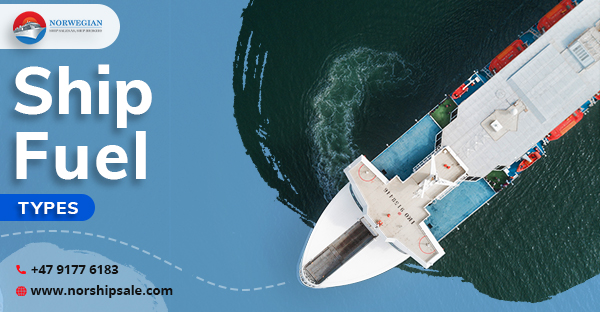Technological advancements have helped the face of sea transportation evolve and stay relevant through time. We sure have come a long way from the times of coal-powered ships, but we are still far from achieving complete sustainability in the maritime industry. Although it is expected that battery technologies will shape the shipping industry in the future, ship manufacturers and engineers are relying on fuels and their mixes to reduce the emissions from the ocean in the meantime. Find here 4 types of fuels used for running ferries for sale.
Non-oil fuels –
Often promoted as an alternative to oil fuels, LNG, the most commonly used non-oil fuel is increasingly being used in sea vessels today. Shipowners can either fit a gas-burning engine or incorporate a dual-fuel engine to run their vessels using LNG. Despite some commendable projects, the collective take-up has been low due to the infrastructural restriction in terms of supply and storage. Apart from LNG, ethane may also emerge as a non-oil fuel as it was recently tested in one of the Wärtsilä 50DF engines for checking its usage feasibility.
Bio-diesel –
The use of bio-diesel is more popular in leisure engines than the marine ones. In fact, the Finland-based Meriaura Group of companies make the maximum use of bio-diesel. Next, Maersk Shipping Company emerges as one of the propagators of using bio-diesels in their ships. However, using bio-diesel in marine engines comes with some challenges. First, it has to meet the EU’s strict fuel standard before being used on the ships. Second, bio-diesel is not stable and can get oxidized in the fuel oil system. So, precautions should be taken before using this fuel.
Low-sulfur choices –
With the IMO reducing the permitted level of sulfur in fuels, shipping companies are turning towards low-sulfur choices. But the problem is that the availability of low sulfur fuel oils is still insufficient to help shipping companies meet the global cap of 0.5% set by the IMO. So, if you are looking for LSFO alternatives for your ferries for sale, then you should contact the suppliers that have expertise in fuel blending and conduct rigorous testing before supplying the fuel oil. To cap the sulfur content in the fuel oil below 0.10%, you may also go for ultra-low sulfur choices.
Heavy fuel oil –
This indeed is the most common fuel oil used for running commercial vessels. Due to its high viscosity, the heavy fuel oil is mixed with diesel to make it float. Today, over 60,000 vessels use heavy fuel oil for propulsion. However, the question is why do shipping owners and companies still use it despite its negative impact on the environment? The reasons are its lower prices and wide-scale availability. Contrary to this, it is the limited availability and infrastructural constraints that impede the large-scale adoption of greener fuels.
Final Words –
Since fuel cost and choice add to the overall expenses you have to incur it is a must you consult with the market experts before investing in ferries for sale. That way, you can get a fair idea about which ferry to buy and how much to invest. At Norwegian Ship Sales, the expert team can enlighten you on the finest details and help you make the most of your investment. To talk to the experts about your requirements, visit norshipsale.com.


